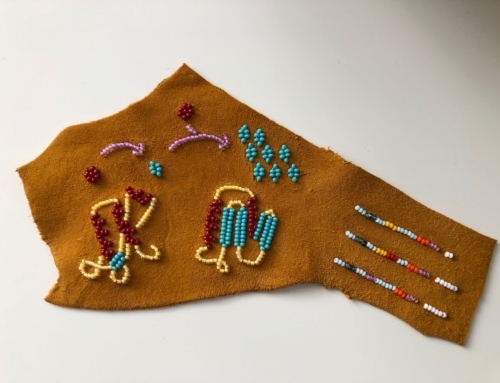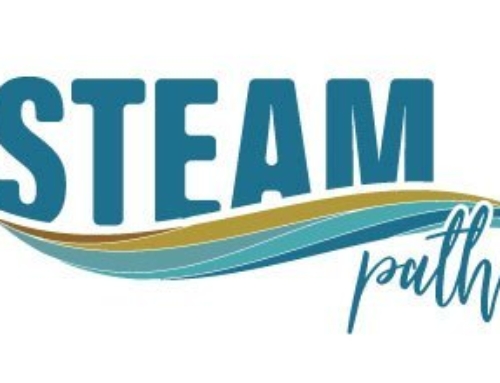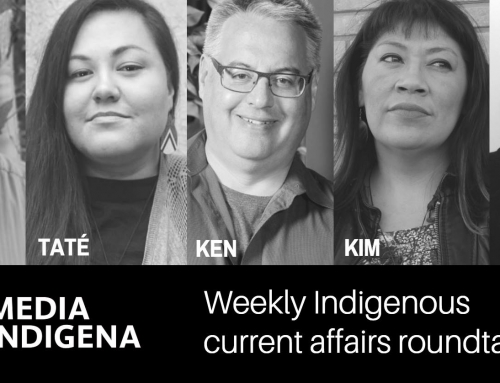
Laura Foster, Banu Subramaniam, Sandra Harding, Kim TallBear and Deboleena Roy at the 2013 Society for Social Studies of Science (4S) annual meeting, San Diego, CA.
I have just arrived at the University of Michigan today in Ann Arbor for three days (October 2-5) of conversation on future directions of feminist (post)colonial science and technology studies. Laura Foster (Indiana), Sandra Harding (UCLA), Banu Subramaniam (Massachusetts), and Deboleena Roy (Emory), I have co-organized this international meeting on feminism, science and technology. We are hosted by the Institute for Research and Gender (IRWG). IRWG has introduced the Feminist Research Seminar concept as a way to examine quandaries in theoretical or empirical research related to gender, women and sexuality.
This particular seminar brings together a dozen leading scholars from 10 prominent institutions, including Uppsala University in Sweden, to interrogate and further develop work at the intersections of feminisms, post-colonialisms and science studies. We want to use this opportunity to do more theorization related to the intersection of these three fields. Feminist, postcolonial, and settler-colonial studies as well as science and technology studies (STS) are each fields of inquiry with already incisive theoretical and methodological projects. Postcolonial and feminist science studiesattempt to bridge these fields. However, the intersections of these fields and their critical insights remain under-theorized. Indeed, in most of my work I bring insights from each of these fields together to understand the problems and potentials of genome and environmental sciences as well as planning and engineering for indigenous de-colonization and institution building in the U.S. Other scholars joining me here in Ann Arbor this weekend also work across these fields and approaches in order to tackle the intellectual and political problems to which they are committed.
What is more, we each share an explicit interest in transforming scientific research and practice in order to make it more just for a wider variety of peoples–especially for those who have been subjected to oppressions in part produced through scientific work. These conversations will be our focus for the next several days. Stay tuned. I’ll post workshop highlights and next steps soon. Visit the University of Michigan IRWG website or more information about the Feminist Research Seminar.



